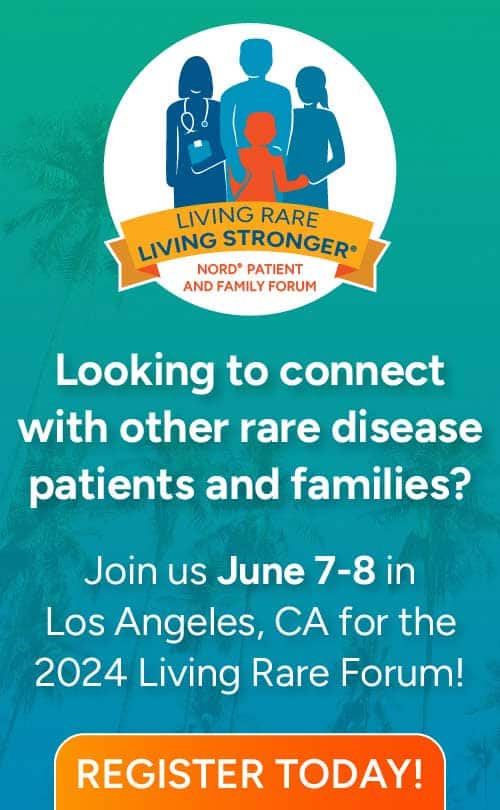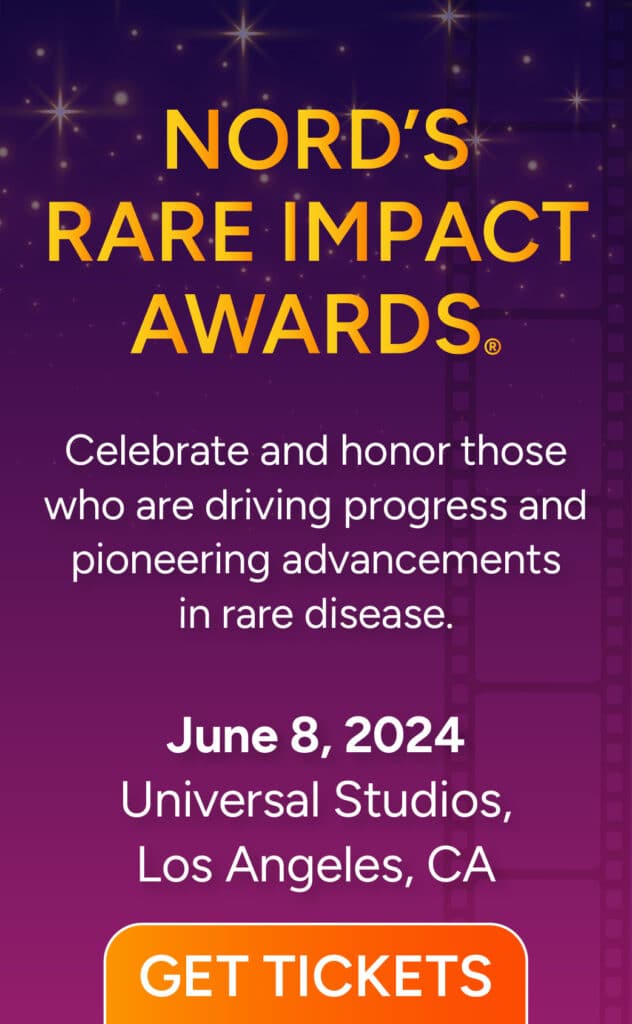Whole genome sequencing (WGS) is the genetic test that determines the order of all 3 billion letters in a person’s DNA, and is a technology that has become well known to the rare disease community. It can reveal not only the genes responsible for production of an abnormal protein associated with a disease, but also the presence of other abnormal genes or variations in gene structure and regulation. Success stories describing the use of this technology to help some individuals with rare diseases overcome the “odyssey of diagnosis” have been widely reported (links below) with understandably great enthusiasm, and this technology holds enormous promise for continuing to uncover the underlying causes of rare diseases.
- https://www.genome.gov/27544763
- https://www.npr.org/blogs/health/2012/09/25/160957147/doctors-sift-through-patients-genomes-to-solve-medical-mysteries
- https://www.nytimes.com/2012/10/04/health/new-test-of-babies-dna-speeds-diagnosis.html?pagewanted=all&_r=0
Most people who have had WGS are part of a research study, but as the cost of sequencing drops, the technology is expected to become mainstream for patients with rare undiagnosed diseases. Commercial and academic centers are now offering WGS as a clinical service. The next step is for this testing to be offered not only to help diagnose rare disease patients, but as a basic tool in medical practice for clinical diagnosis and decision-making for common health concerns. Discussion is also underway about the potential use of WGS in newborn screening.
An important consideration for participants in WGS is to understand how their privacy will be protected. Informed consent for this testing is complicated because it yields a vast amount of information, some of which is not necessarily relevant to the reason the test was performed. Incidental, uncertain, and probabilistic information about what lurks in your genome may or may not be desired.
Three months ago, the Presidential Commission for the Study of Bioethical Issues released a report called Privacy and Progress in Whole Genome Sequencing. This report suggested a dozen recommendations for researchers and policymakers about how an individual’s privacy should be protected in the context of this technology. First and foremost, the report states that no one should have their genome sequenced without their knowledge. Informed consent is paramount, and those participating in research should know who can access the data, how it might be used, potential risks such as a security breach, and whether research results will be returned to them.
Studies are underway to obtain feedback about the informed consent process from participants in WGS research. A National Human Genome Research Institute study is gathering data to evaluate the current informed consent process for two WGS studies at the NIH. My46 is a University of Washington research project in which participants who are having WGS can indicate their preference for what types of genetic information they want to learn.
NORD receives notifications from groups conducting WGS research and we occasionally post information about these studies. We want to serve as a vehicle to raise awareness not only about research opportunities, but the potential benefits and risks of participation. The rare disease community should recognize that now is the opportunity to speak out about privacy issues. If you are considering WGS for you or your child, read the consent form thoroughly, ask questions, and state your preferences. It may not be possible to anticipate all potential implications of genetic information obtained from WGS, but it is important to be part of the conversation about privacy protection as this technology becomes more readily available.



